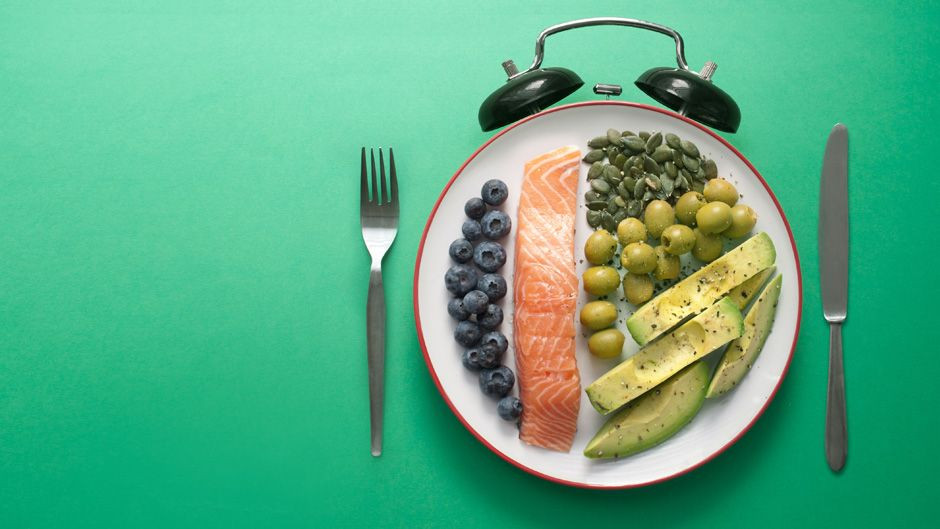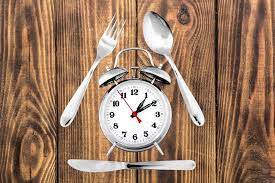If you’re looking for a simple, no-frills way to lose weight, improve your health, and maybe even feel more energized throughout the day, intermittent fasting (IF) might just be what you need. But here’s the thing: while IF sounds easy—just skip a meal or two, right?—doing it the right way makes all the difference between feeling awesome and feeling hangry.
So, if you’re new to intermittent fasting or you’ve tried it before and gave up, this guide is for you. Let’s break it down in a super chill, easy-to-digest way. No strict rules, no complicated science—just real, practical advice that works.
What is Intermittent Fasting (IF), Anyway?
Intermittent fasting isn’t a diet, it’s more of an eating schedule. Instead of focusing on what you eat, you focus on when you eat.
There are a few popular methods, but they all follow the same basic concept: you alternate between periods of eating and periods of fasting.
Here are a few common types:
16/8 Method: Fast for 16 hours, eat within an 8-hour window. (Most popular!)
5:2 Diet: Eat normally 5 days a week, and eat only about 500–600 calories on 2 non-consecutive days.
Eat-Stop-Eat: Fast for 24 hours once or twice a week.
Alternate Day Fasting: Fast every other day (not for beginners!).
The 16/8 method is a solid place to start because it’s pretty easy to stick with once you get used to it. For example, you might skip breakfast, have your first meal at noon, and stop eating by 8 PM.
Why People Love Intermittent Fasting
Let’s be real—there are a ton of diets out there. So why are so many people in the U.S. getting into intermittent fasting?
Here’s what IF can do for you:
Weight Loss: When you fast, you naturally eat fewer calories. Plus, your body starts burning fat for fuel.
Better Metabolism: Fasting helps regulate insulin levels and improve metabolic health.
Mental Clarity: Some people say they think clearer when fasting (less food coma, more brainpower).
Simpler Lifestyle: Fewer meals = fewer decisions, less meal prep, and more time for other stuff.
Improved Cellular Health: Your body gets a chance to repair and regenerate during fasts.
So, How Do You Do Intermittent Fasting Right?
Here’s the good stuff. If you want to make IF a sustainable, healthy part of your lifestyle, follow these tips:
- Start Slow
Don’t go from eating 6 meals a day to fasting for 24 hours. That’s a recipe for burnout. Try easing in:
Start with a 12-hour fast (like 8 PM to 8 AM).
Then stretch it to 14, and eventually 16 hours if that feels right.
- Stay Hydrated
Water is your best friend while fasting. You can also drink:
Black coffee
Unsweetened tea
Sparkling water (no calories)
Just don’t load up on creamers or sugar—they’ll break your fast.
- Make Your Eating Window Count
Fasting isn’t a free pass to eat junk during your eating window. Focus on:
Lean proteins (chicken, fish, tofu)
Healthy fats (avocados, nuts, olive oil)
Complex carbs (brown rice, quinoa, veggies)
Fiber-rich foods (legumes, leafy greens)
Avoid loading up on processed foods or sugar bombs.
- Listen to Your Body
Some hunger is normal at first, but if you’re constantly feeling dizzy, weak, or irritable—take a step back. Everyone’s body is different, and intermittent fasting isn’t for everyone. - Don’t Overeat During Eating Hours
It’s tempting to go wild after fasting, but try to eat normally. Binging will mess with your results and make you feel sluggish. - Work Out Wisely
Yes, you can exercise while fasting. In fact, some people do cardio in a fasted state to burn more fat. But if you’re new to fasting, start light. Don’t push too hard until your body adjusts. - Get Enough Sleep
Poor sleep can increase hunger hormones like ghrelin and make fasting harder. Aim for 7–9 hours of good-quality sleep per night. - Stay Consistent
The benefits of IF build over time. Don’t expect miracle results in a week. Give it a month and see how your body responds.
Common Mistakes to Avoid
Skipping Meals AND Skipping Nutrients: You still need vitamins, minerals, protein, etc.
Forgetting to Drink Water: Seriously, hydration is key.
Not Planning Meals: You’ll end up grabbing junk food if you don’t prep something decent.
Being Too Rigid: Life happens. If you need to adjust your eating window occasionally, it’s okay.
Who Should NOT Try Intermittent Fasting?
While IF is generally safe for many people, it’s not for everyone. You should avoid intermittent fasting (or talk to your doctor first) if:
You’re pregnant or breastfeeding
You have a history of eating disorders
You have diabetes or blood sugar issues
You’re under 18 years old
Final Thoughts
Intermittent fasting isn’t magic—but it can be a powerful tool for weight loss, better energy, and a simpler relationship with food. The key is to find a routine that works for your lifestyle and to give your body time to adjust.
Keep it simple. Stay consistent. And don’t forget: it’s not about starving yourself—it’s about giving your body a break, so it can function at its best.
Give it a try and see how you feel. You might be surprised at how freeing it is to not be constantly thinking about your next meal.




